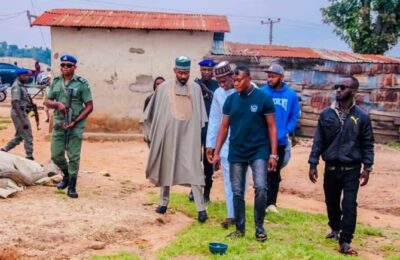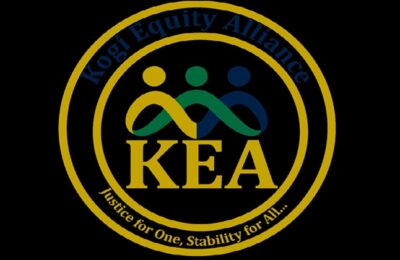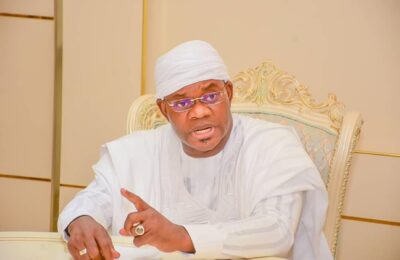The Ukomu Igala Organisation’s latest announcement has stirred more skepticism than hope. What was packaged as a bold stride toward unity is already being dismissed as yet another fire-brigade approach — hurried, shallow, and dangerously disconnected from the realities of the Igala/Bassa nation.
In the words of Mr. Ichado Noah, an Igala Stakeholder/ prominent voice in Igala civic discourse: “Honestly, you can’t just sit in your parlour, make phone calls, and then come to the public for announcements that you have found solutions to the decades’ problems.” That piercing critique captures the fatigue of a people who have heard grand proclamations before, only to watch them collapse under the weight of poor planning and elite pretence.
The truth is painful. As Sir Ichado bluntly put it: “It’s extremely very unfortunate that even amongst the defined Igala elites, they are seriously operating in pretence without having the basic knowledge of what to do and how to do it in addressing Igala Nation lingering problems.” This is not just a complaint about personalities; it is an indictment of a political class that confuses announcements with action and media exposure with leadership.
The so-called organisational changes within Ukomu Igala were, in Ichado’s words, “a kangaroo type… maybe there are emergency plans to extort money from people in disguise, leaving down the reality to pursue shadow because it was orchestrated by an individual who sat in his parlour and nominated people without proper consideration of Igala Nation interests.” Such charges are not only provocative; they are devastating. They strike at the very legitimacy of the leadership’s claims to be charting a new course.
History reminds us that true Igala leadership has always been rooted in credibility and visibility. As Ichado invoked: “When our forefathers moved out of Kwararafa Kingdom down the present Igala Nation, their leaders were people well known to their followers.” The implication is unmistakable: leadership cannot be conjured behind closed doors. It must be earned in the open, through service, sacrifice, and legitimacy.
To his credit, Baba wa Enegbani Ichado also gestures toward a solution: “We need to come together on a round table for discussions on how to address Igala Nation problems and come up with well calculated steps for the solutions.” This, at least, offers a pathway beyond condemnation — a recognition that only collective deliberation, not unilateral declarations, can reset the Igala/Bassa trajectory.
But the closing thrust of his critique is impossible to ignore: “Igala Nation is bigger than an individual who just wants to show …. by rushing into a media outfit to let the public see that you can do it alone… Your access to media homes and the opportunity to know people who you can hurriedly call together to grease your unplanned occasion doesn’t make you better than others.”
That is the heart of the matter. The Igala/Bassa nation has grown weary of elite vanity projects masquerading as people’s movements. What it needs now is legitimacy, strategy, and courage. Without them, every new initiative — whether branded as a commission or organisation — will be dismissed as theatre.
The time for shadow-chasing is over. If Igala leaders want to rescue their nation from decline, they must abandon the beering, pepper souping and parlour politics of self-proclamation and embrace the hard discipline of genuine consensus-building. Anything less is not leadership; it is charade.
– Inah Boniface Ocholi writes from Ayah – Igalamela/Odolu LGA, Kogi state.
08152094428 (SMS Only)




